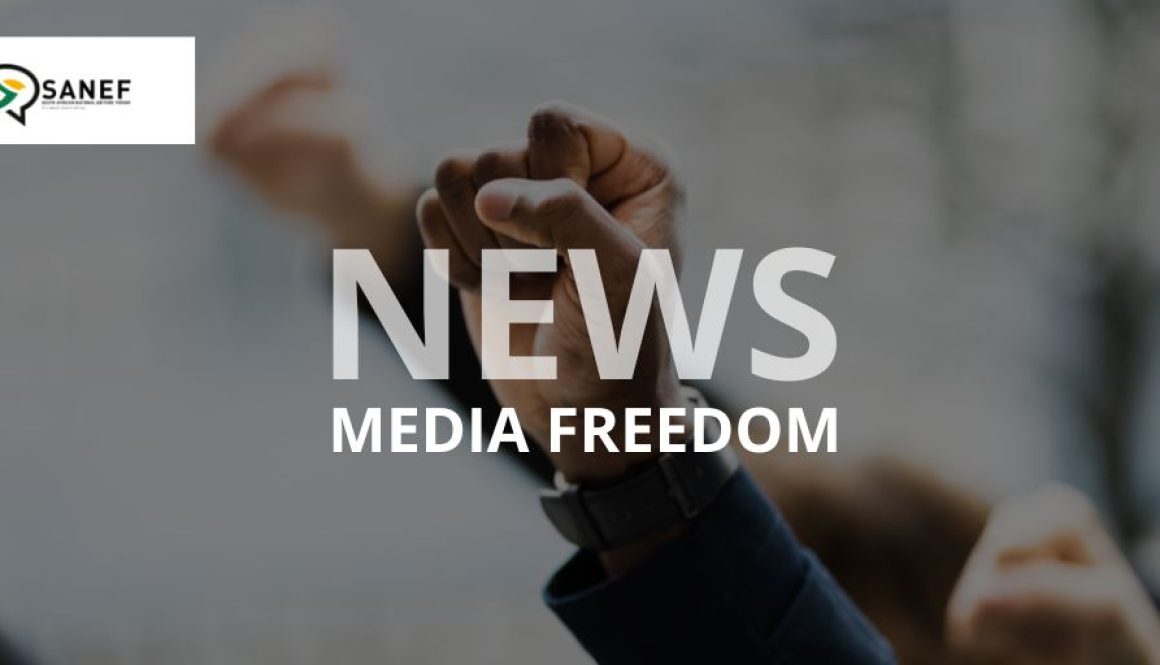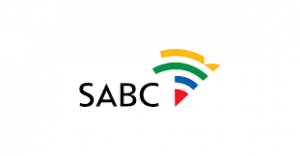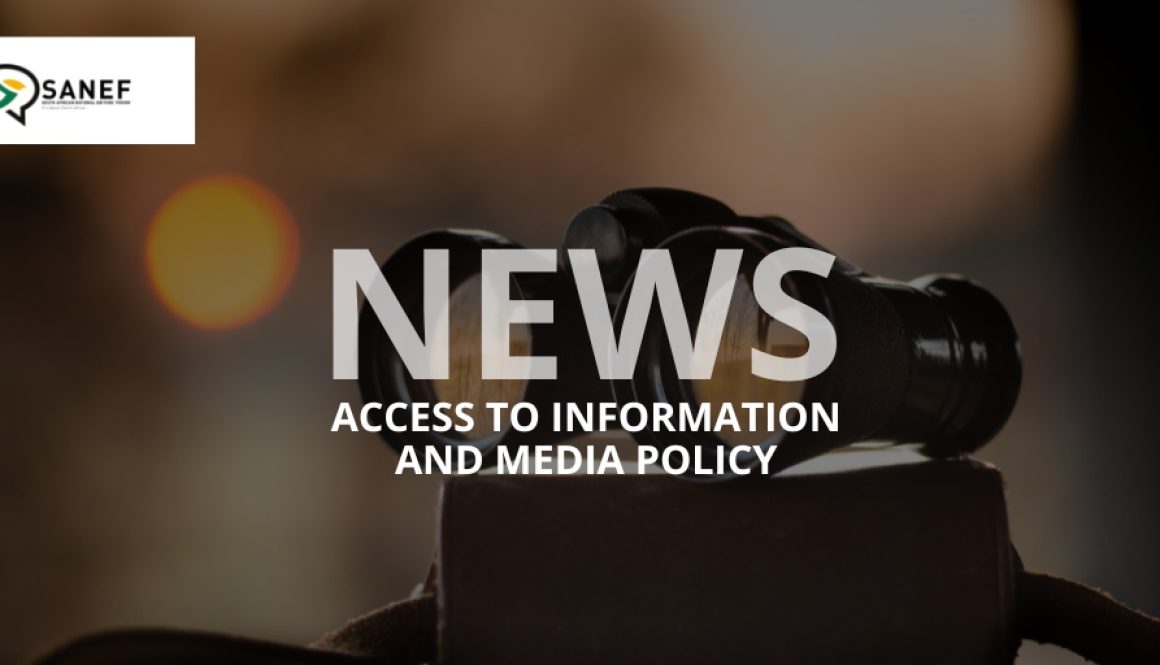SANEF Disappointed by the Zimbabwe High Court’s Role in the Failure to Grant Journalist Hopewell Chin’ono Permission to Travel

The South African National Editors’ Forum (SANEF) is disappointed by the failure of the Zimbabwean High Court to hand over the passport of renowned journalist Hopewell Chin’ono. Chin’ono was due to travel to Johannesburg where he was to deliver a keynote address at the Nat Nakasa Awards Gala dinner on Saturday 14 August 2021. Chin’ono was supposed to have travelled out of Harare today to attend the SANEF-organised awards.
The court was made aware that he was meant to depart from Harare on Friday, 13 August, on an 08:15am flight. His traveling itinerary was provided to the court. The same court had allowed Chin’ono to travel to Johannesburg on a separate matter last December and had released Chin’ono’s passport. But this time around he was told that his passport is being held as part of his bail conditions.
Chin’ono applied to the Court last week Friday, 6 August 2021, for his passport to be released. The court acknowledged the urgency of the matter when the application was made, but disappointingly, it is yet to make a ruling.
Any ruling now will be an academic exercise as Chin’ono will not be able to retrieve the passport, get a Covid-19 test done and then travel in time for the event. Chin’ono is not a flight risk as he has demonstrated before that he adheres to the conditions set by the court and has returned to Zimbabwe previously.
It is regrettable that Chin’ono continues to be a victim of the Zimbabwean government’s political persecution. Journalism is not a crime, and journalists should not be treated like common criminals for practicing their craft.
Chin’ono has spent eighty-five days in various Zimbabwean jails between 20 July 2020, and 27 January 2021 – all on the basis of trumped-up charges.
SANEF calls on the government of Zimbabwe to respect the constitutional rights of not only journalists, but all its citizens. We believe that there is no society that can thrive without a strong and an independent press, and no democratic society persecutes journalists.
We continue to call on the regional body, the Southern African Development Community (SADC) to exert pressure on Zimbabwe to allow journalists to do their work without any fear of intimidation and persecution.
SANEF invited Chin’ono to highlight the difficult working conditions for journalists in the region and the continent. Nat Nakasa paid the ultimate price, dying in exile in 1965, after he was forced to desert his home country by the apartheid regime.
Fifty-six years later, there are still journalists on our continent who are being jailed, harassed, and even killed for reporting on the atrocities, the human rights abuses, and corruption in their countries.
We reiterate the call by regional body, the Southern African Editors Forum for SADC governments to abolish all draconian laws and align themselves with international standards. This will enable journalists to operate in a free environment without fear of their lives when doing their jobs.
SANEF will Go ahead with the awards ceremony, with Chin’ono delivering his speech virtually. To view the awards celebrating courageous journalism, please go here 23rd Nat Nakasa Awards – YouTube or on the SANEF Facebook page.
Note to Editors: The South African National Editors’ Forum (SANEF) is a non-profit organisation whose members are editors, senior journalists, and journalism trainers from all areas of the South African media. We are committed to championing South Africa’s hard-won freedom of expression and promoting quality, ethics, and diversity in the South African media. We promote excellence in journalism through fighting for media freedom, writing policy submissions, research and education and training programmes. SANEF is not a union.
For more information please contact:
- Sbu Ngalwa – SANEF Chairperson (073) 404-1415
- Adriaan Basson – SANEF Deputy Chairperson (082) 562-2113
- Mahlatse Mahlase – Secretary General (083) 399-2852
- Nwabisa Makunga – Treasurer (082) 555-1972
- Mary Papayya – SANEF Media Freedom Chair (082) 379-4957
- Asanda Ngoasheng – Western Cape Convenor – 082 610 9374
- Judy Sandison – SANEF KZN Convenor (082) 571-3334
- Katy Katopodis – SANEF Gauteng Convenor (082) 805-7022
- Chiara Carter – SANEF Eastern Cape Convenor (082) 659-9162
- Reggy Moalusi – SANEF Executive Director – (071) 682-3695
Socials
Twitter: @SAEditorsForum
Email: [email protected]
Website: SANEF









